The Self-Refuting Nature of Naturalism
J.P. Moreland, in his book, “Scaling the Secular City: A Defense of Christianity,” claims that physicalism (often referred to as “naturalism”) is self-refuting for many reasons, but mainly because physicalism seems to deny the possibility of rationality. In making his rational case for rationality, he demonstrates that at least five factors must be established if authentic rational agents are to exist, and can reflect accurately upon reality. I will focus on his final point. He says,
“The activity of rational thought seems to require an agent view of the self which, in turn, involves four theses: 1- I must be able to deliberate, to reflect about what I am going to do… 2- I must have free will; that is, given choices a and b, I can genuinely do both. If I do a, I could have done otherwise… 3- I am an agent. My acts are self-caused… 4- Free will is incompatible with physical determinism. They cannot both be true at the same time.”
Moreland reaches the logical conclusion, and writes, “If one is to be rational, one must be free to choose his beliefs based on reasons.” He argues that if physicalism (the belief that all that exists is the physical universe) is true, then physical determinism logically follows. If physical determinism is true, then it follows that all things (including our thoughts and beliefs) are determined and “causally settled by the laws of chemistry and physics coupled with the boundary conditions of earlier states.” This view that nature is all that exists (and therefore, God or the soul does not exist) removes any possibility for human libertarian free will.
Therefore, Moreland concludes that it is “self-refuting to argue that one ought to choose physicalism because he should see that the evidence is good for physicalism.” In fact, on the view of physicalism, there are no “oughts!” On physicalism, there are only “physical states in the brain.” Physical states simply are; therefore, one cannot derive how one ought to behave or think if a person’s actions are determined by the structure of their physical brain. Only if humanity has an aspect of our existence that is non-physical or immaterial (like the Biblical view of the human soul) can we be held responsible for making any decision, including those with any moral or rational properties.
I think Moreland is exactly right, and it seems many of the world’s most influential naturalistic atheists agree as well! Sam Harris, Richard Dawkins, Stephen Hawking, Will Provine, Jerry Coyne, and Alex Rosenberg have all made the same case: that given their naturalistic worldview, free will does not exist! But here is the problem: did they freely and rationally come to that conclusion? Not on their view. In fact, if they are to be consistent naturalists, they should claim that they are forced to think naturalism is true due to the deterministic laws of nature, and not because of their intellect or reasoning skills. Therefore, a naturalist has no grounds to state naturalism is true. In fact, it is an utterly irrational statement (if naturalism is true or not)! If the atheist happens to be correct about naturalism, it seems that it is impossible for free will to exist, and it logically follows that rationality is lost as well.
If a naturalist claims that he has reached the view that physicalism is true based on reason, logic, and rationality, it seems that he is actually providing evidence that naturalism is false. Therefore, stating that one ought to be a naturalist is self-refuting. In fact, one ought not to listen to such irrational statements.
Moreland offers a perfect summary: “Physicalism cannot be offered as a rational theory because physicalism does away with the necessary preconditions for there to be such a thing as rationality.” If a naturalist wants to argue that rationality does not exist, they will be making two grave errors: 1- They would be claiming to be non-rational, and 2- they would be making a rational argument that rationality does not exist. It seems the rational decision one ought to come to is that naturalism is irrational, and therefore, false.
Stay reasonable my friends (Phil 4:5),
Tim Stratton

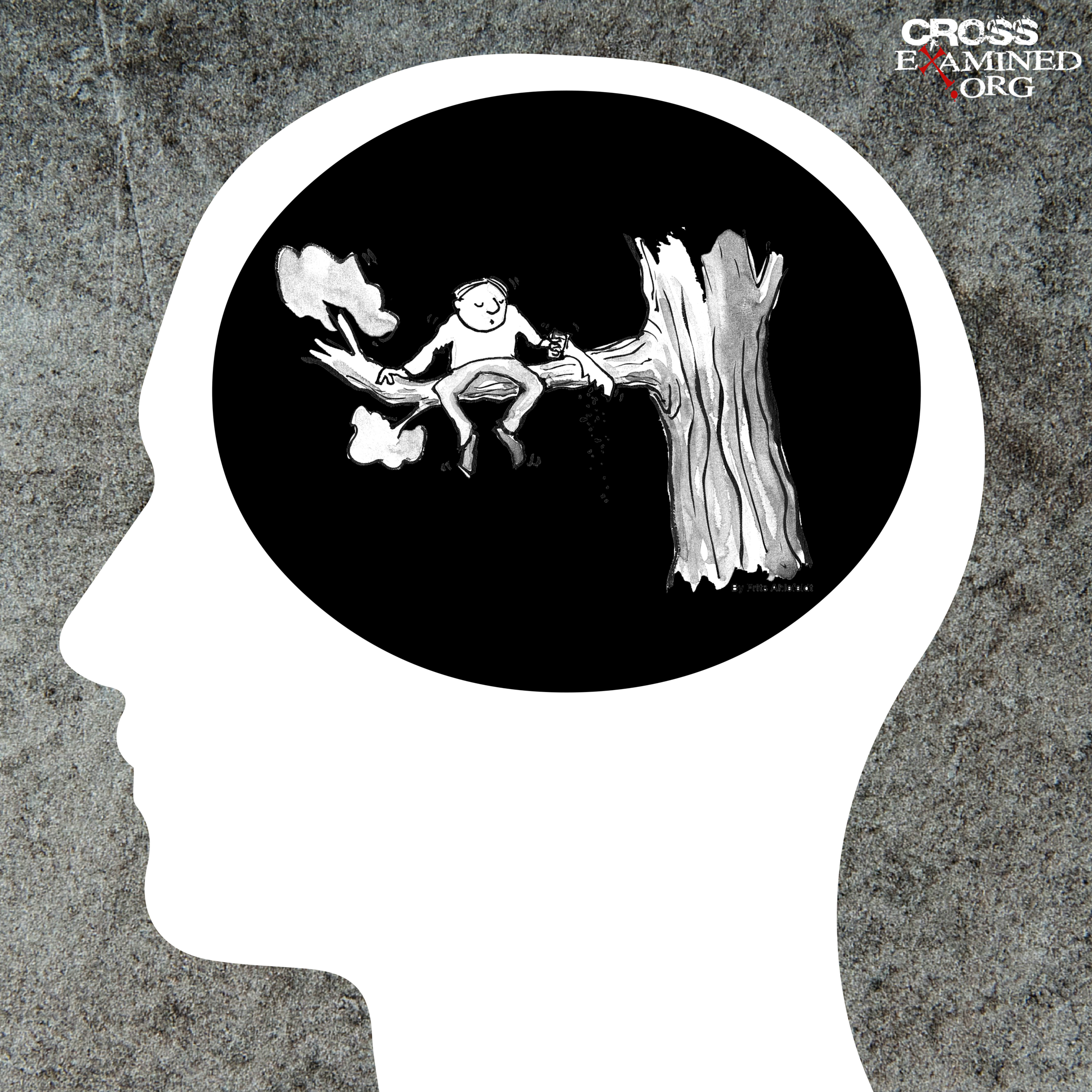
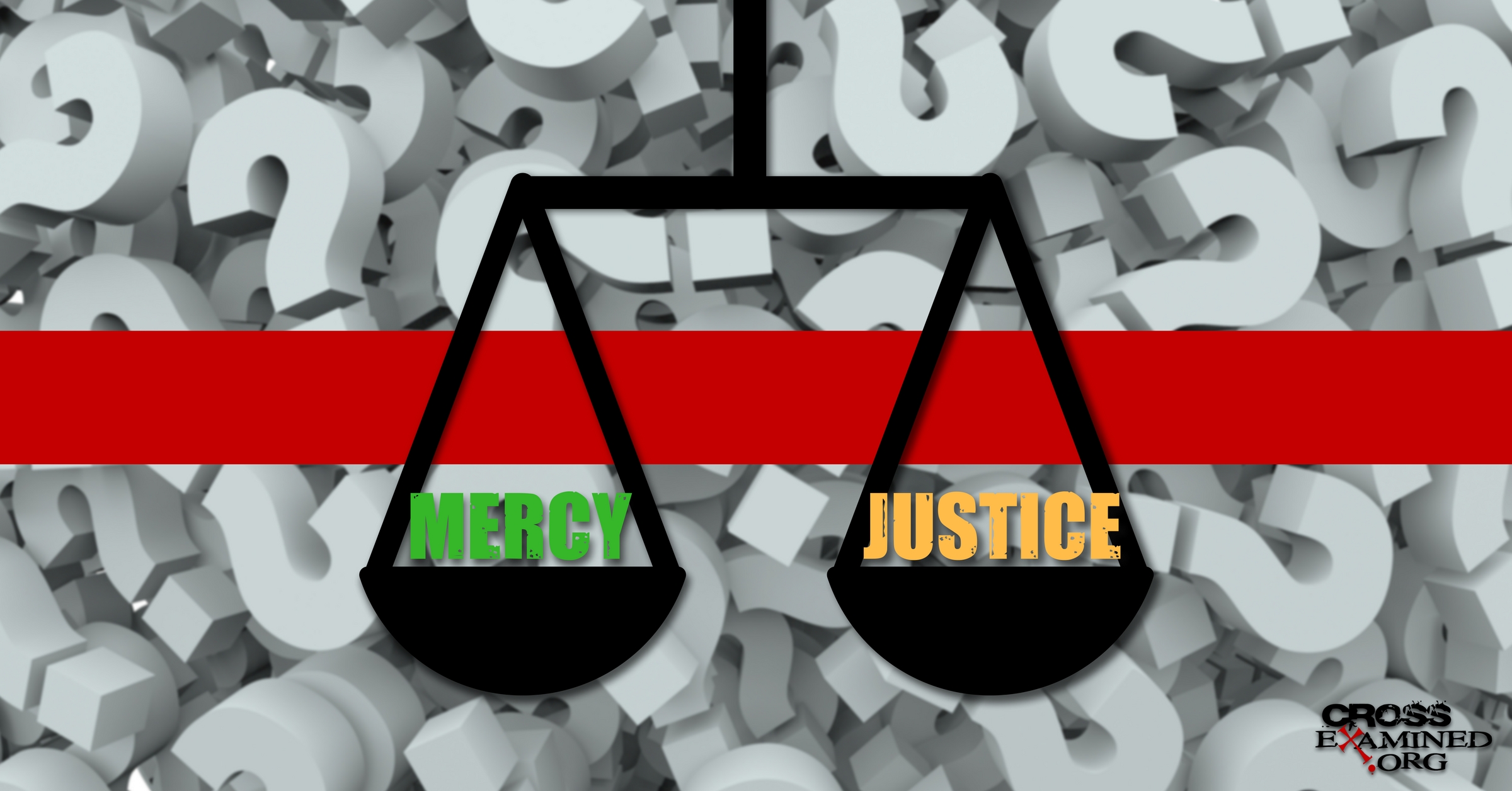



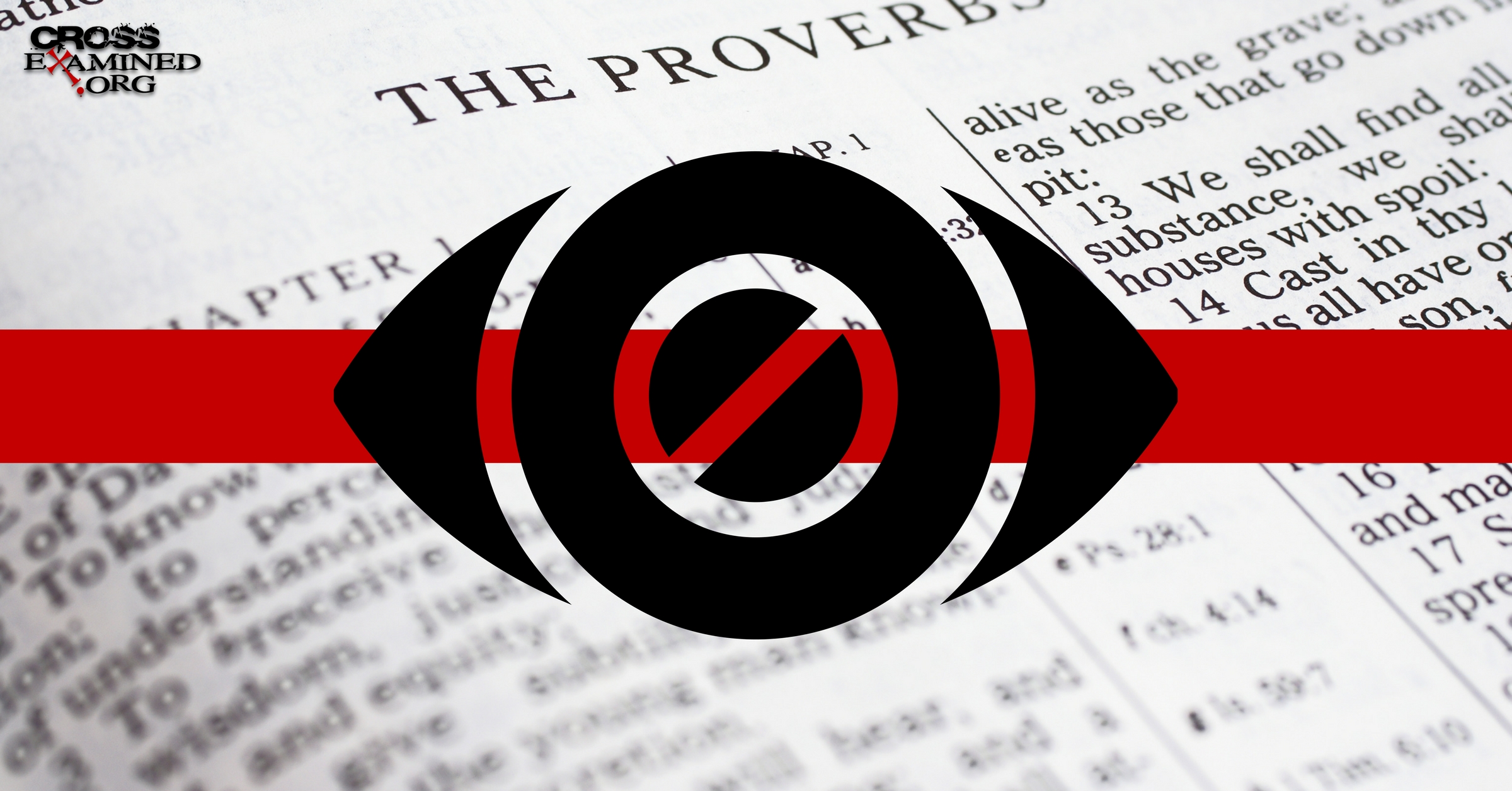


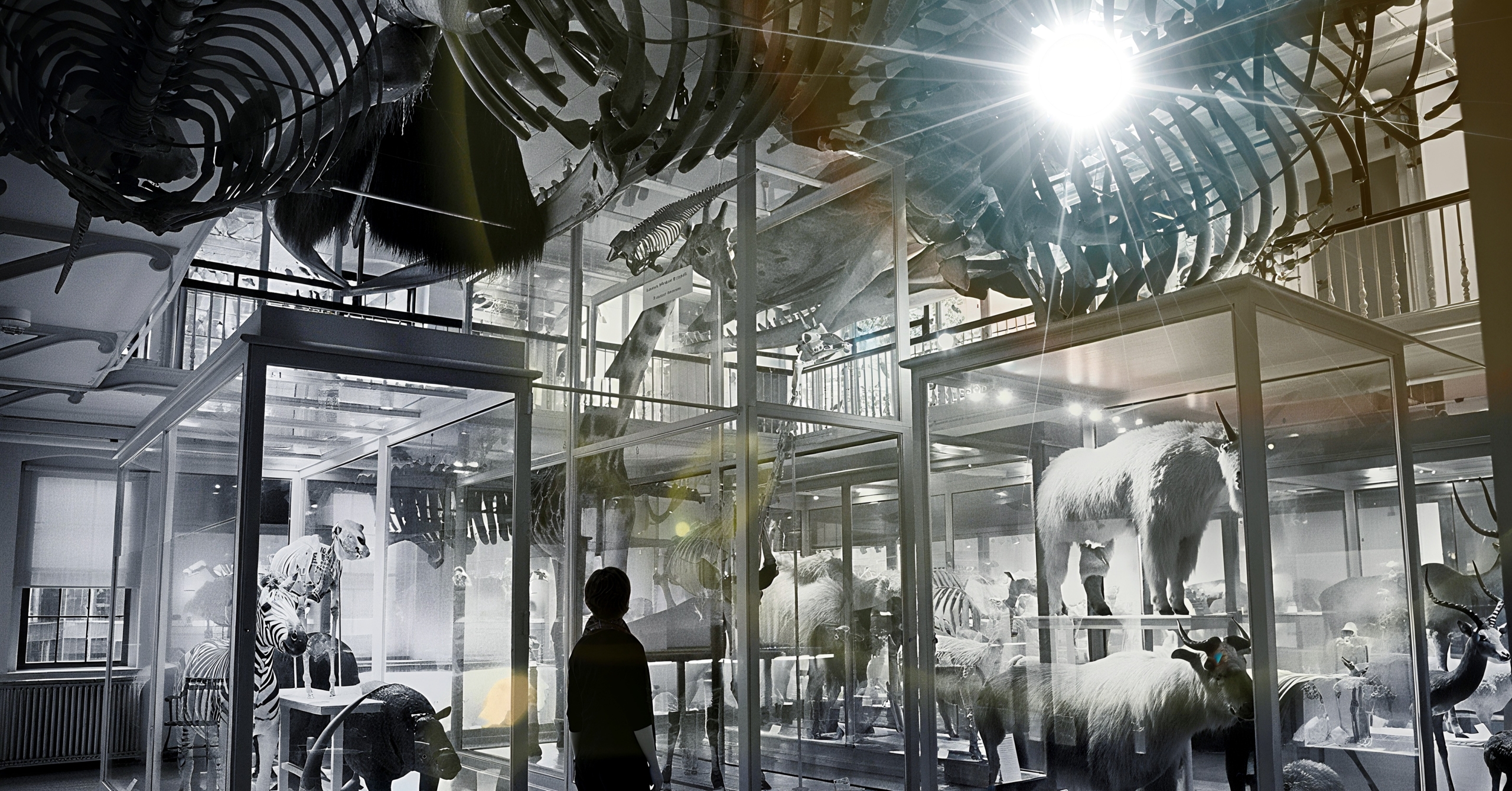
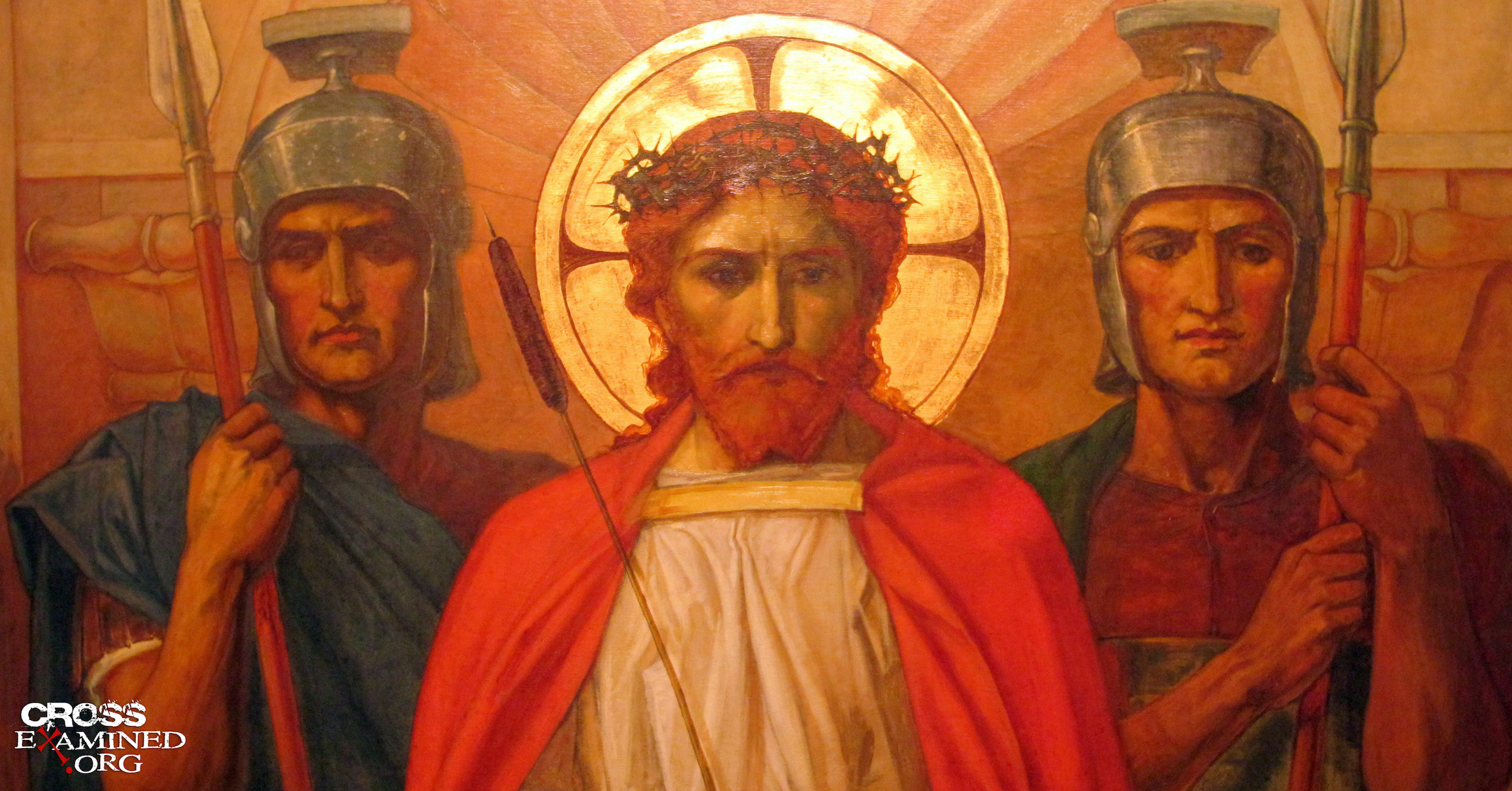
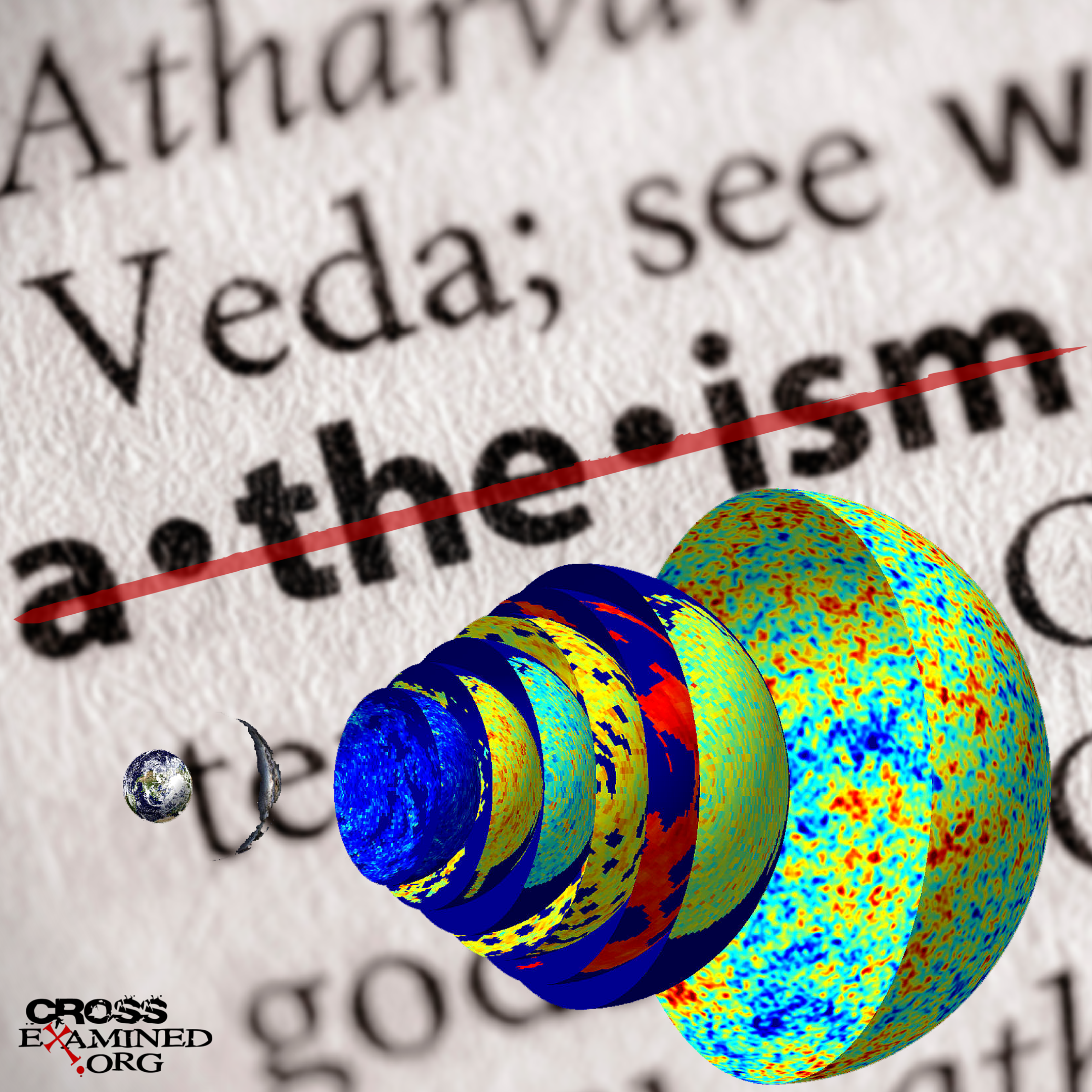
Leave a Reply
Want to join the discussion?Feel free to contribute!